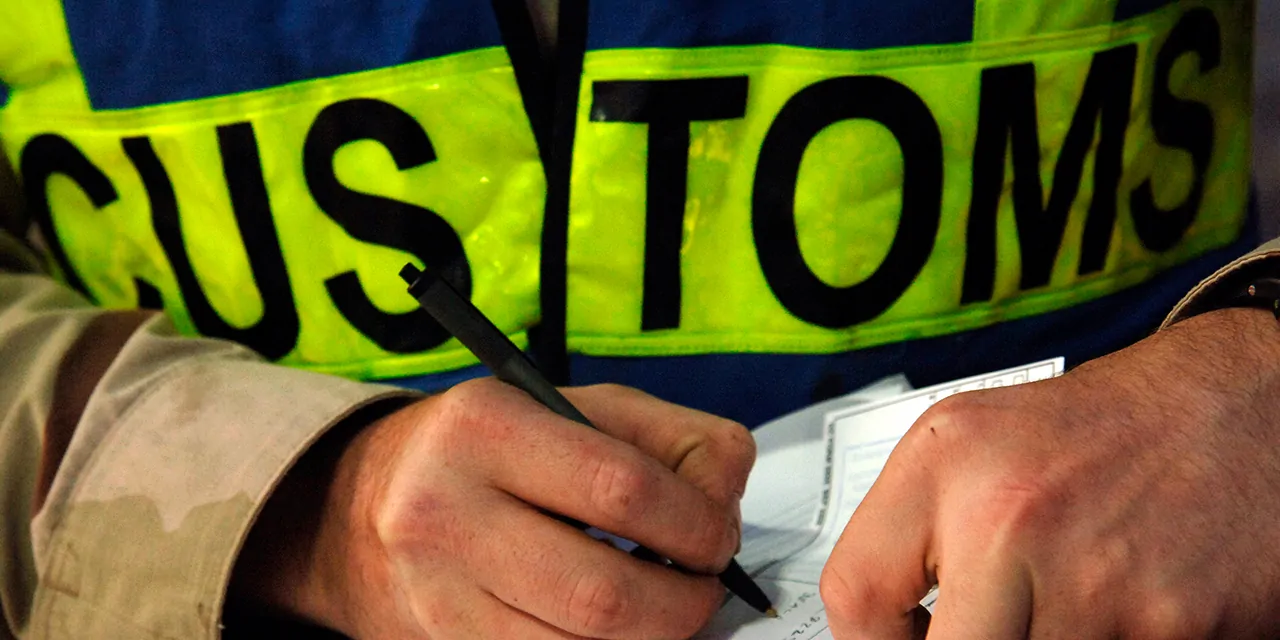
How will Brexit impact VAT in the UK?
11 Aug 2020If the UK does not end up remaining in the customs union or in the EU VAT area under a no-deal Brexit scenario, firms can expect an increase in processing time and costs.
When assessing the VAT impact of no-deal Brexit you have to look at the rules which are directly derived from the EU legal framework and those which are indirectly impacted.
VAT is one of the primary systems affected, and this in turn will play a major role in how UK-based firms conduct their with those from EU member states.
Below are some of the major VAT scenarios to be aware of coming out of a no-deal Brexit.
Are you concerned about the impact of Brexit on your business? Our MBA-qualified business consultant is an expert in business strategy and creating bespoke business plans to navigate even the most turbulent times.
Get in touch to discuss how he can help your business.
VAT in post-Brexit Britain
VAT is subject to total harmonisation in the EU, even funds the EU budget, and in the case of a no-deal Brexit you can basically open the EU VAT Directive 2006/112/EC and replace anywhere it says, ‘EU member state’ with ‘non-EU’.
The EU Mini One Stop Shop (MOSS) portal to report and pay VAT on sales of digital services - and now also goods - to private consumers in the EU will not be directly available out of the UK. UK-established businesses that wish to avail of the scheme would need to register for the non-union scheme instead.
The foreign VAT reclaim procedures within the EU that use electronic portals to ease the process, and EU limits with interest for time to refund, would no longer be available. The UK would instead need to use the pen and paper-based 13th Directive foreign VAT reclaim procedure.
All of this will most likely result in companies using a tax accountant to assist with getting the VAT as it will be more difficult to manage in-house.
UK-established companies would not be able to access various simplification measures, for example, the EU triangulation simplification scheme in place for chain supplies which results in the middleman not having to register and account for VAT all over the EU.
The so-called low value consignment relief (LVCR) would also go away, which means that goods below £135 sent into the UK would be subject to import VAT and as per the official guidance for parcels valued up to and including £135.
A technology-based solution will allow VAT to be collected from the overseas business selling the goods into the UK. Overseas businesses will charge VAT at the point of purchase and will be expected to register with an HMRC digital service and account for VAT due.
Both in respect of VAT registrations and foreign-VAT claims; UK-established businesses would, in a no-deal scenario, have to register through a resident fiscal representative for VAT in most of the of the EU member states.
In respect of services, the so-called use and enjoyment criterion, which only applies for supplies to/from non-EU established companies, would apply to services from/to the UK and consequently reverse charge may no longer apply.
Instead, there would be an obligation to register and account for VAT if the services rendered are deemed to be effectively used and enjoyed locally.
Silver aligning among darkening skies
It may not be all bad news, though.
The UK tax authorities have said that they will introduce postponed accounting so that the import VAT can be included on the next return, and thus reduce the negative cash flow impact.
However, that will not reciprocally apply for UK companies exporting to the EU and ECSL will no longer need to be reported.
Banks and insurance companies that today are rendering their VAT-exempt services to the EU should be able to treat these as zero-rated taxable supplies and therefore increase their right to deduct VAT in the UK.
Another potential “positive” is State Aid - a branch of EU competition law which is meant to prevent member states from giving subsidies and other aid. Even if it isn’t “tax” per se, it has in recent years been weaponised as an instrument to attack tax structures, so it is important to mention in this context.
As a consequence of Brexit, the UK may in the future be free to grant State Aid as it chooses, without interference from the EU.





















